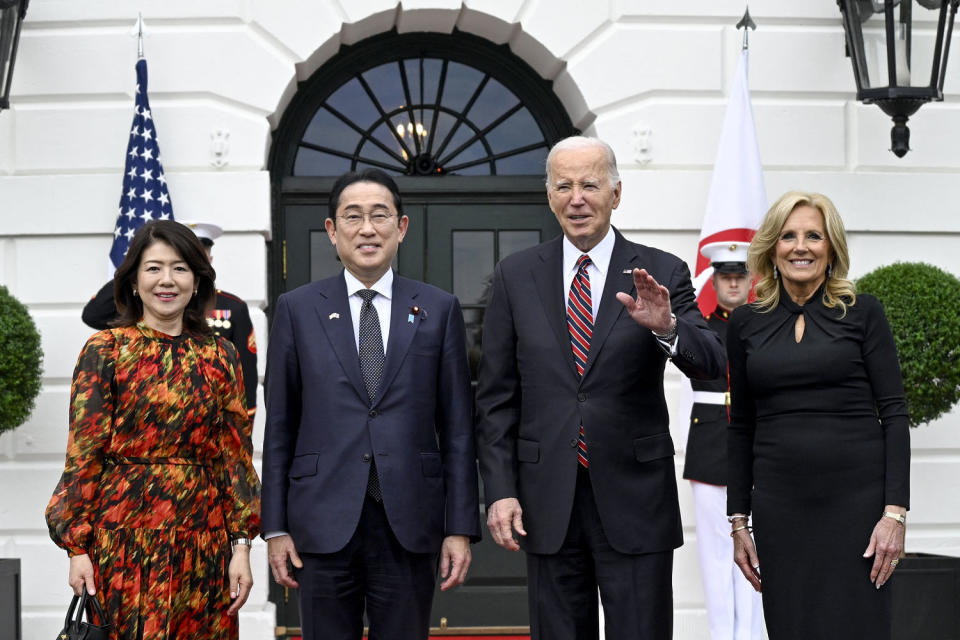
The United States and Japan have strengthened their alliance in the face of growing security issues, particularly those related to China. The two countries announced a historic upgrade to their security ties on Wednesday during Japanese Prime Minister Fumio Kishida's visit to the White House for an official state dinner. This marks the first such visit by a Japanese leader since 2015 and highlights Japan's role in countering China in the Asia-Pacific region. The upgrade includes increased military cooperation, intelligence sharing, and cybersecurity collaboration between the two countries.


